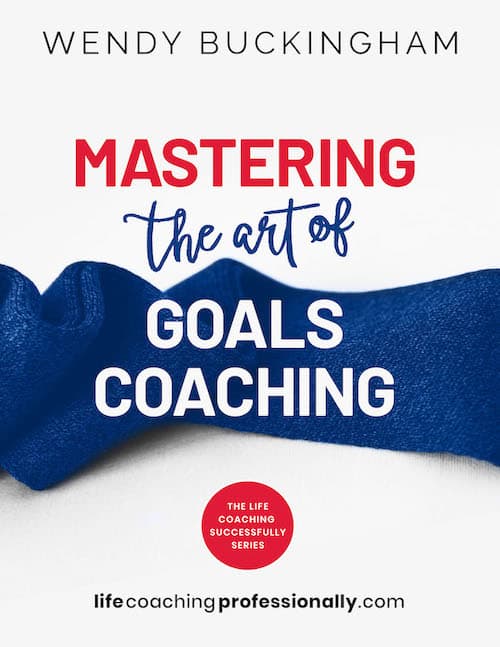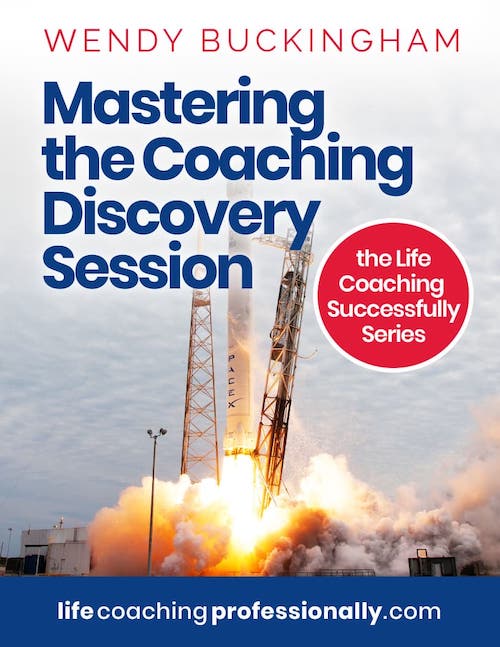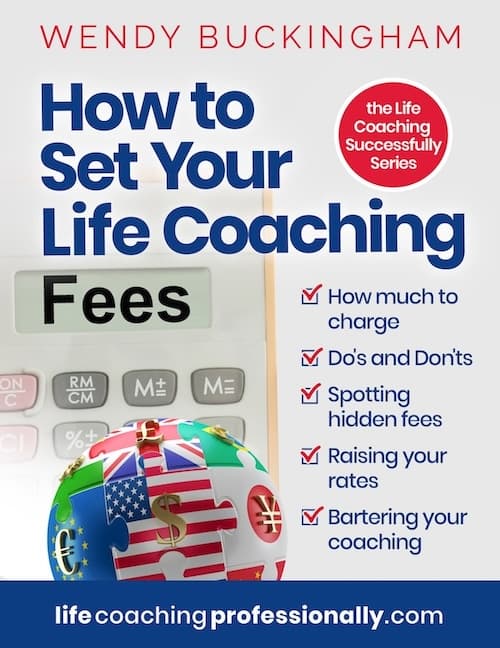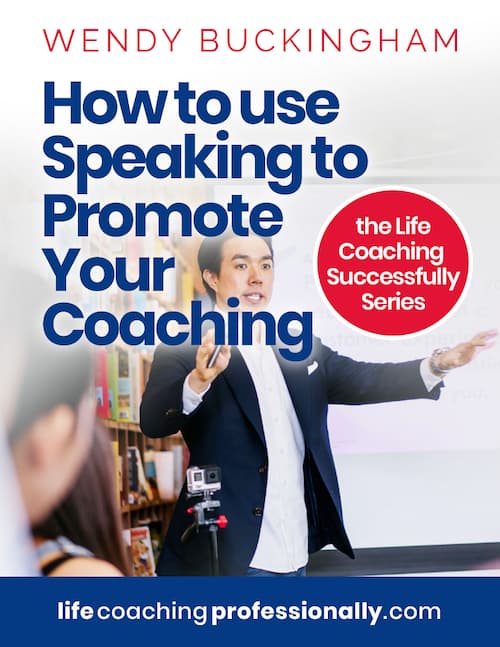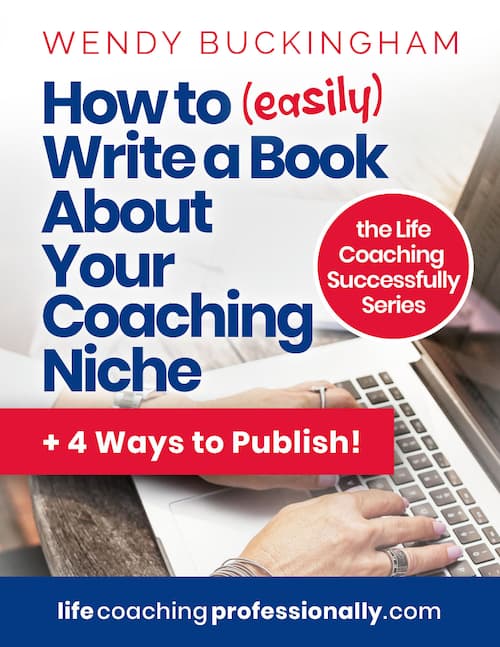- Life Coaching
- Becoming a Coach
- Coaching Skills
Take This Easy Life Coaching Skills Quiz
And Discover What It Takes To Be A Professional Life Coach
If you want to become a proficient life coach you need to have or develop certain qualities and master lots of coaching skills in order to help your clients get the best results. This quick checklist quiz will help you identify the core attributes you will need as a life coach.
I may receive commissions at no cost to you. I participate in the Amazon Services LLC Associates Program. More...
How Many Of These 12 Coaching Skills Do You Have?
You may already have all of these coaching skills or there may be some you need to commit to develop. They are what you need to be an authentic professional life coach. Also check out the lessons from other coaches at the end of this page.
1. Are you willing to get trained and qualified?
You may think you already know what coaching is all about and how to do it. You may even already be qualified and practising as a psychologist, counsellor or mentor.
But coaching is a different and specific skill-set. So until you have had some specific life coach training, preferably accredited by one of the independent coaching associations you may not have a proper
understanding of how coaching compliments yet differs from other disciplines.
You'll find about what life coaching is and and comparisons between life coaching and other healing professions here and link to a list of independent life coaching association at the bottom of this page.
2. Can you keep a secret?
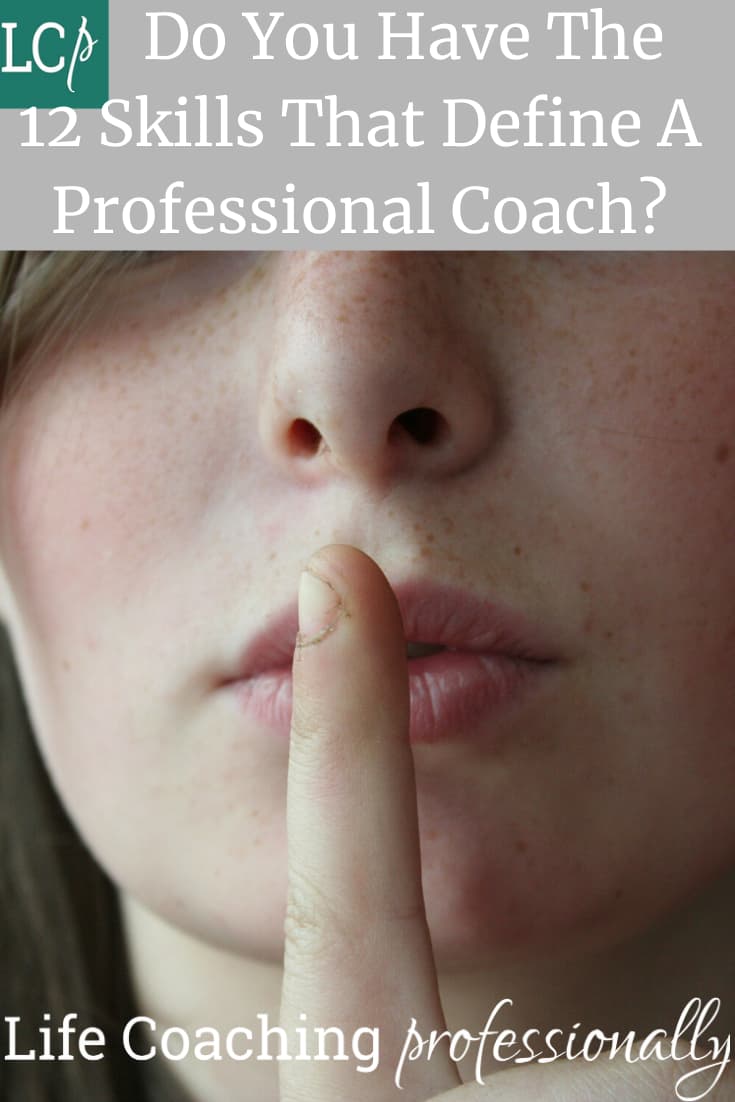
The client must know that the coaching relationship and anything that comes up in the session is totally confidential unless he or she gives you permission to share.
This is especially relevant if someone other than the client is paying for the coaching (such as in a corporate or family situation). In those cases, you must be very clear and firm in your initial agreements about the boundaries of what you can share with the third party who is paying.
Bottom line? You must be able to keep a secret and respect the clients need for confidentiality.
3. Objectivity: Can you be involved but stay detached?
A core coaching skill is to be involved enough to be empathic and enthusiastic. Yet to be truly objective you must stay emotionally detached from the issue at hand or the outcome.
Of course you are going to have your own opinions and biases, (show me someone who hasn’t!). When you become a life coach you will have to learn to keep your own biases and judgements out of the coaching picture, or at least own up to it before you share your perspective with your client.
This is especially true if you are coaching clients who may have had a similar experience to yourself they want coaching around - such as divorce or a failed business. What you bring to coaching in the way of background or experiences may be useful in helping you choose a niche and have a better understanding of your clients, but you have to remember your client is not you and their solutions should need be theirs not yours.
4. Can you be supportive yet firm?
Are you able and willing to hold your client accountable for their actions in a way that is supportive to them with coaching them through their blocks, but doesn't stand for any nonsense?
In the initial session with your client, let them know they are paying you to discover with them what could be the real issues, even if that truth is confronting for them. As one of my coaches once said to me "Wendy you are paying me to call you on your sh&#@ so you can move forward". But you don't have to put it as bluntly as that:)!
5. Can You Answer The Question "What is Life Coaching?" or "What Do You Do"?
You may be asked "so what's life coaching?" or, "what do you do?" at a party or networking event or anywhere when you strike up a conversation. Are you ready to answer it?
If you want to make the right impression you need to be able to answer easily and congruently - and for many new coaches it's not easy.
You'll find lots of information to help you explain quickly what you do as a life coach and attract futrher interest on this page about crafting an "elevator" speech.
6. Can you comply with the strong life coaching ethics?
At the heart of good life coaching is authenticity and integrity. So you need to become familiar with and follow the ethical guidelines for life coaching such as those set out here by the International Coach Federation (ICF). The ICF, has become the gold standard for the coaching industry, also has a list of Core Coaching Competencies.
Different independent coaching associations may have similar guidelines to help aspiring coaches.
7. Can you stand apart from judgement?
If you aspire to be a life coach you must have a very strong natural
acceptance and respect for other people, warts and all, and do your best
not to let your biases or judgments show.
However, you may choose not to work with clients who reveal they have beliefs or behaviours that may be completely unacceptable to you, in conflict with your values or that you do not feel comfortable with.
Know your limits as a coach and recognise when you should acknowledge with a prospective client that you are not a good match or may need to refer them to a therapist or a consultant.
8. Are you a good listener - a vital coaching skill?
One of the most important life coaching skills is to develop great observation and listening techniques. This involves hearing or observing what is often NOT being said and honing in on the real issues that the client has.
This is one of the core abilities of an empathetic and intuitive coach. If you don't believe you have it, the good news is that it can be developed. In my training with CoachU, this was the longest and one of the most important modules.
9. Are you willing to let the client make the decisions and do the work?
Essentially, life coaching is client driven – they take the wheel, you question, encourage, guide, stretch and direct but never insist on them taking a certain path unless they are ready and “get” for themselves that is the way to go.

One of the most important life coaching skills is to be able to hold in check your natural desire to advise,
control or manipulate your clients even when it is clear, to your perspective, what needs to happen.
I believe you may make suggestions sometimes to get the client thinking but it should never be presented as advice rather as an option for them to consider.
10. Can you let the client take the credit?
Are you able to coach without needing acknowledgment? A good coach does not take credit for what their clients achieve - at least not to the client
Instead, a truly great life coach will praise the client and let them take all the credit for all their successes.
However, this does not replace the value of their endorsement of your work. The place for them to really sing your praises in their testimonial.
11. Are you flexible in how you coach and communicate?
Each of us naturally has our preferred manner of coaching. Some prefer face to face and some prefer phone or online coaching, which since CV19 has become much more common. I believe that, these days, one of the key coaching skills needed is the willingness to be flexible with all approaches.
Although online doesn’t come naturally to a lot of coaches and their clients, a huge proportion of coaching is now done over the phone or online via Skype, Zoom as the result of the needs of the CV19 pandemic.
No matter what life coaching niche or specialty you choose you are a Goals Coach. You take your clients from where they are to where they want to be, to do or to have - their goals and outcomes.
My eBook, Mastering the Art of Goals Coaching is about so much more that setting goals. It’s like having a mentor to help you coach your clients to the results they want with ease, certainty and even fun.
So check out this preview and get a taster of the content:
https://www.lifecoachingprofessionally.com/mastering-goals-coaching.html
12. Have you been coached yourself?
If after reading this checklist of coaching skills, you think you have or can develop what it takes and are getting excited about becoming a Life Coach, pause a moment and consider the following before you jump ship from your current job.
Have you been coached yourself?
If not I strongly recommend having a few coaching sessions with a trained life coach. Make sure the coach you choose has been trained by a reputable coaching school. Experiencing good coaching from a qualified coach will give you a good taste of what life coaching is really about.
Download my eBooks for extra coaching value and resources
I have also written a range of informative books (all from my own 25+ years' experience) that will help you to authentically attract new quality clients, increase your coaching skills and promote your coaching services.
Only available as a 60 page color PDF.
100% Satisfaction or Your Money Back
I am sure you will get real value from each of these books. However, if within 30 days of purchase you are not 100% completely satisfied, you will receive a full 100% refund.
